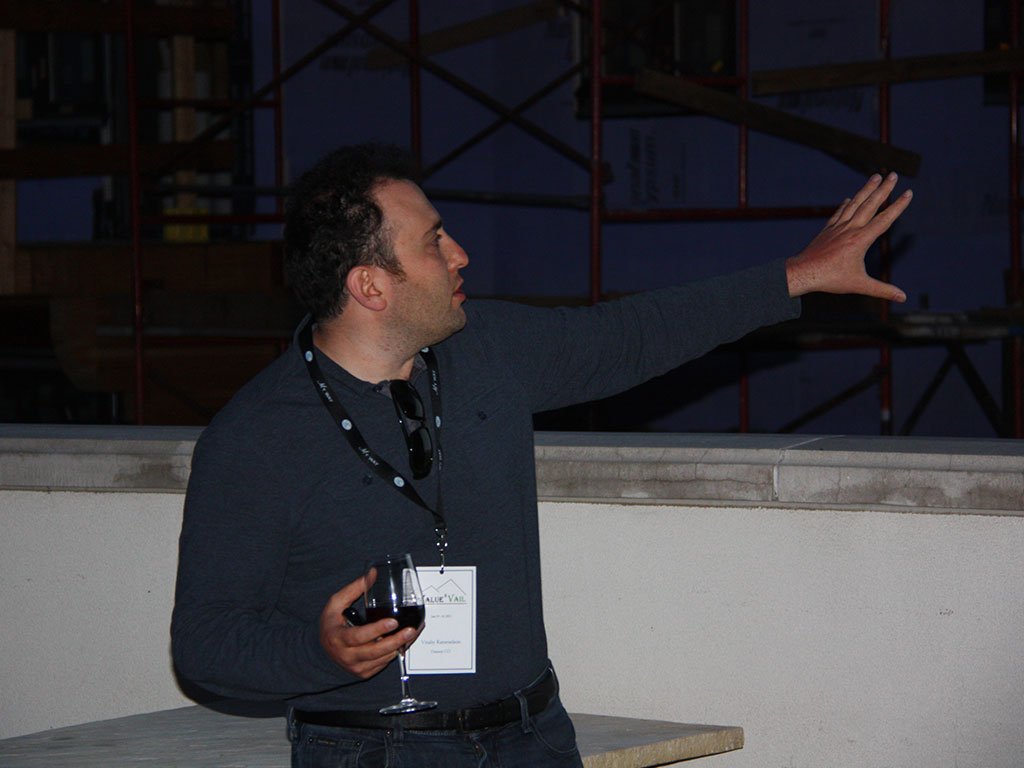Investing is a peculiar industry because randomness is so deeply embedded in everything we do. I am always fascinated by the investment processes of other successful firms. The outcome of every decision we make results from two inputs: our skill and our luck (randomness, whether good or bad). When you analyze anyone’s investment decisions solely based upon outcomes, you may unknowingly be attributing successes or failures to skill when randomness was actually responsible for the results.
Because randomness, unlike skill, is not permanently attached to an individual but travels where it will, results driven by randomness are not consistently repeatable. Therefore, in the investing industry (unlike, let’s say, the widget making industry, where one’s results could be objectively ascertained by the number of widgets produced per hour and their quality), we should focus on how an investor arrived at a particular decision. In short, we should focus on the investment process. In the long run, randomness will cancel out and the process will shine through in the results. At an investment firm, cultivating the process is challenging because you want the process to live in the firm and not just in its individuals; you want the process to be transferable from one generation of portfolio managers and analysts to the next. To achieve this, the firm’s culture and the inherent quality of its investment process are paramount.
This is why I was extremely interested in Win Murray’s dessert talk at Valuex Vail. Win is director of research at Chicago-based Harris Associates, an investment firm that manages $90 billion and runs the Oakmark funds.
Harris is focusing on the sustainability of the investment process so that it will last far beyond the current generation of analysts and portfolio managers. The process starts with how the firm recruits analysts. Win has interviewed more than 100 research candidates since January 2011, but he has extended offers to only four. Asked what he looks for in analysts, he said their math skills must be intuitive; they must have the ability to sum up an idea succinctly; they must be able to think creatively and employ allegory; they have to function in some ways like investigative reporters — and their bosses must give them enough tools and rope. (As an interesting aside, James Chanos talked last year at Valuex Vail about how he loves to hire analysts who used to be journalists, because they know how to dig deep for the story.)
At Harris the analyst holds a highly respected position — in fact, many senior people, including portfolio managers, the director of research and even the previous CEO are analysts too. It was refreshing to hear that analysts are not evaluated on the outcomes of their ideas so much as by the quality of their ideas. An analyst who brings an idea that is poorly reasoned is not valued as much as the one who brought a well-reasoned idea that happened not to work out. That is, Harris puts more value on the process than on immediate outcomes. Twice a year the firm’s analysts have to write a devil’s advocate memo on one of their large holdings. The holdings are debated in the open and then voted on by the three most senior investment people in the room. If a stock fails the vote, it is sold.
To learn more about VALUEx Vail 2014, click here.









0 comments